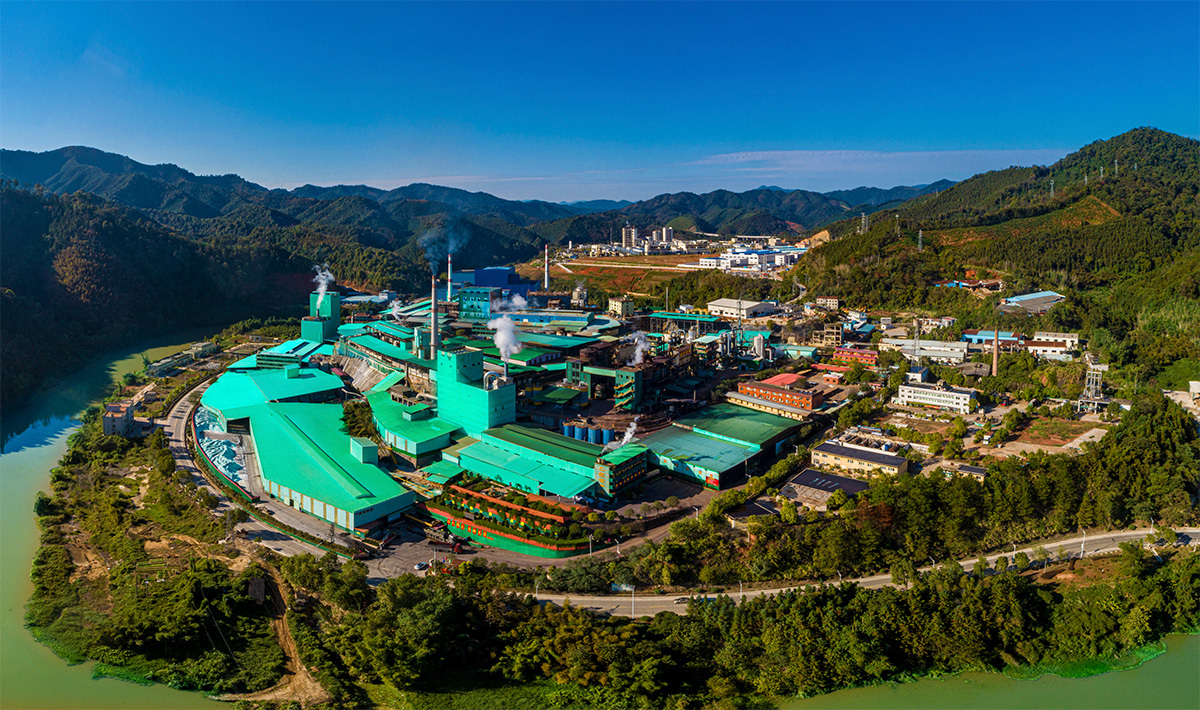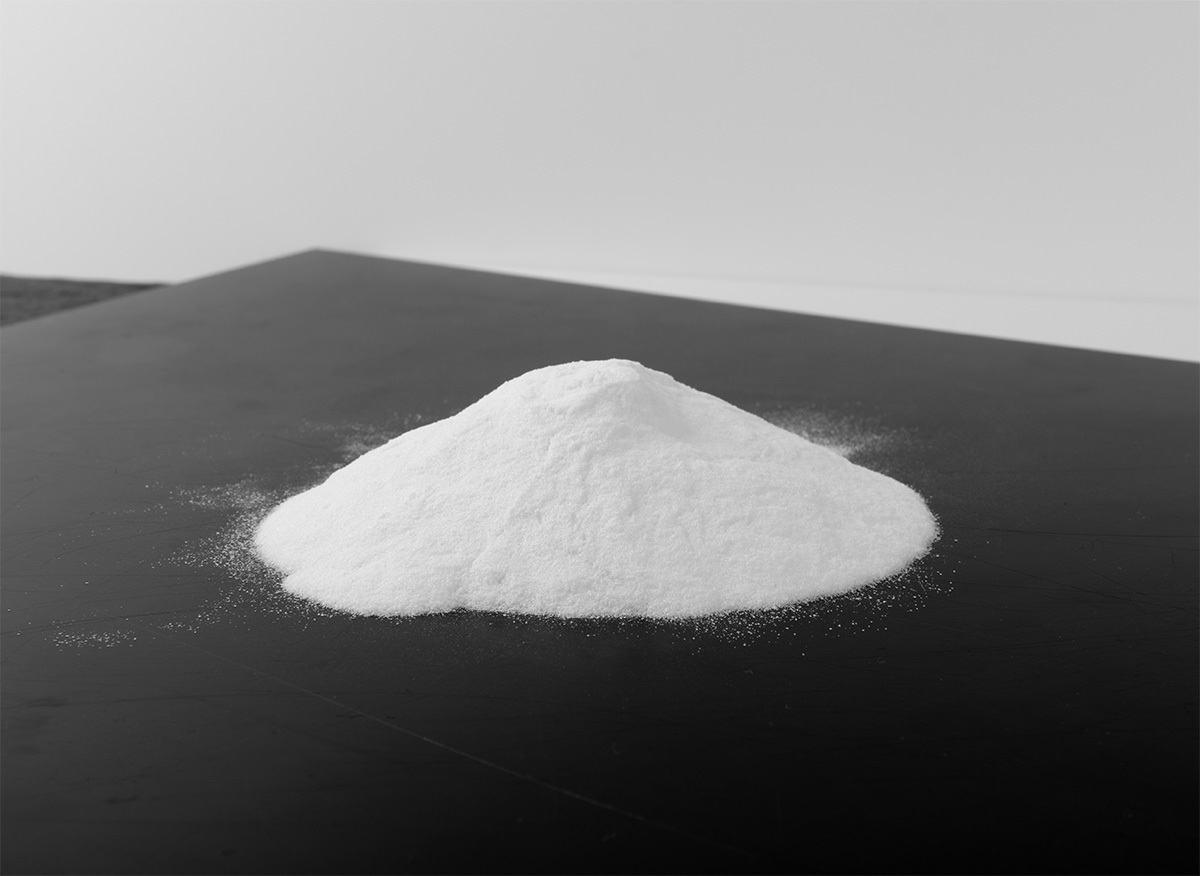
What are the uses of zinc sulfide
Zinc sulfide has a wide range of applications, mainly including the following aspects;In the pharmaceutical field, zinc sulfide can increase appetite
Zinc sulfide has a wide range of applications, mainly including the following aspects:
In the pharmaceutical field, zinc sulfide can increase appetite, promote physical development, improve anemia, etc., and is usually used as a zinc supplement. It can help promote normal digestion and absorption of food, improve symptoms of loss of appetite, and increase appetite. Meanwhile, zinc sulfide can also promote the metabolic process of the human body, achieving the goal of promoting growth and development, and playing an important role in human health. In addition, zinc sulfide can improve anemia symptoms caused by malnutrition and has a certain effect on symptoms such as pale complexion caused by anemia.
In the field of chemical engineering, zinc sulfide is mainly used in paint and plastic production. Due to its white opacity and insolubility in water, organic solvents, weak acids, and weak bases, it has become an important pigment in paint. In the United States, zinc sulfide has become the second most important pigment after titanium dioxide, and also enjoys an important position in the European industry. Zinc sulfide has good optical properties and wear resistance, and is often used as a component of thermosetting plastics, thermoplastic plastics, reinforced fiber glass, flame retardants, synthetic rubber, and dispersants. In addition, zinc sulfide is also used in some thermoplastic materials such as PP and PBT to improve the thermal stability of the polymer.
In the field of ceramics, zinc sulfide is applied to ceramics due to its excellent sintering performance. Research has shown that the sintering performance of monodisperse particle zinc sulfide powder is higher than that of agglomerated zinc sulfide powder, and the sintering performance increases with the decrease of particle size. The density of zinc sulfide ceramics can reach up to 98% of the theoretical density.
In the field of optoelectronics, zinc sulfide also has applications, although the specific application details are not explained in detail in the provided search results.
Other fields: Zinc sulfide can also be used as an analytical reagent, coating, raw material for making paint, white and opaque glass, filling rubber, plastic, and for preparing fluorescent powder, etc.
In summary, zinc sulfide plays an important role in the fields of medicine, chemical engineering, ceramics, and optoelectronics due to its diverse physical and chemical properties
Related news
2026-01-02
2025-09-19
2024-08-07





